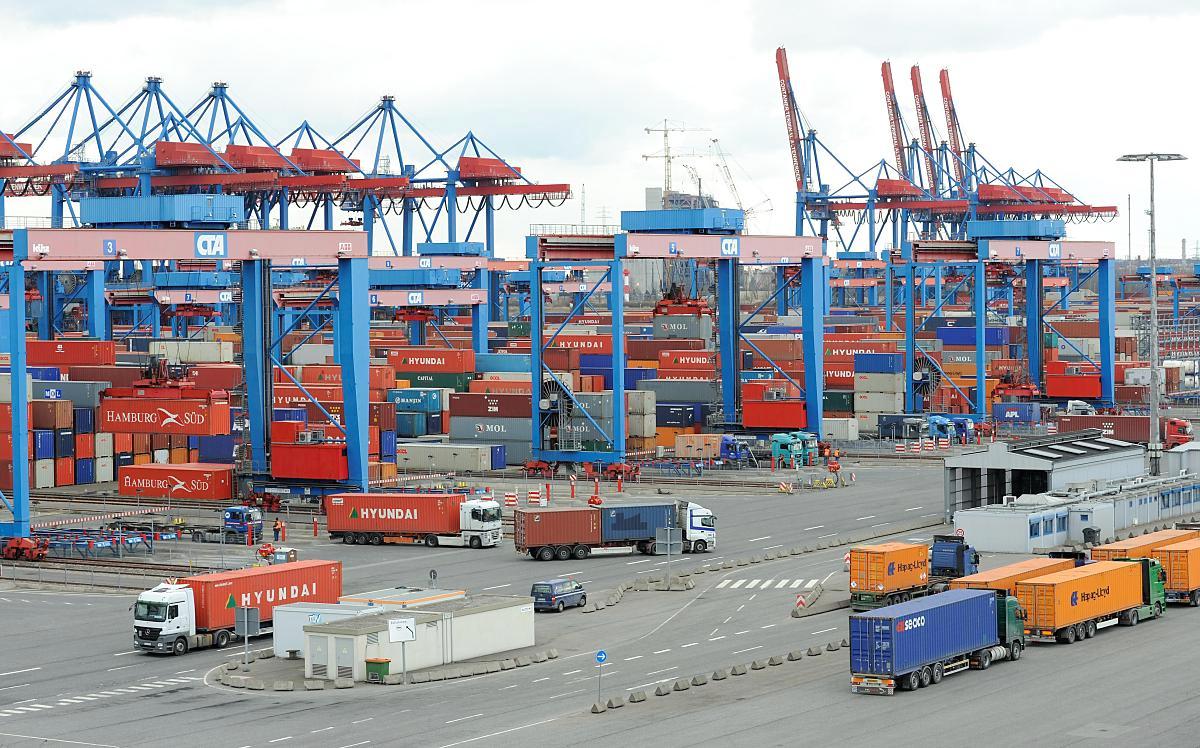All is set for the Federal Government to open a fresh bid for Tin Can 11 container terminal, Lilypond Terminal.
Lilypond was concessioned in 2006 to AP Moller Terminals (APMT). And the concession arrangement between the Nigerian Ports Authority (NPA) and APMT, which has lasted for 10 years, ended in 2016.
Confirming the planned fresh bid for the terminal on Monday, the Assistant Manager, Corporate and Strategic Communications, Ibrahim Nasiru said the terminal would soon be opened for fresh bidding as soon as the Public Private Partnership (PPP) department of the agency concluded the paperwork.
“The PPP department is working on the modalities for placing adverts for new bids. Whoever is successful in the bid will be given a concession of the terminal. The terminal is originally designated as an agricultural export terminal,” Nasiru disclosed.
The Head of Communications, APMT, Austin Fischer said the firm had an intention of bidding for the terminal in the new arrangement but that it did not intend to use the facility as a dry port terminal but as an agricultural hub for its new Cold Chain project aimed at preserving perishable goods coming from the north.
According to Fischer, the terminal was originally designated as an overflow facility for containers coming to APMT in Apapa Port, adding that when the firm later increased the capacity of the Apapa Port from 200,000 Twenty Equivalent Units (TEUs) to 1 million TEUs, the firm saw no need to use Lilypond Terminal as an overflow facility because the Apapa Port was big enough for all its containers.
The terminal, which is located opposite the busy Ijora Bridge, was used in the past to house containers conveyed by rail from the seaport. The mode of transportation was cheaper, faster and helped ease the traffic gridlock along the port access roads.
